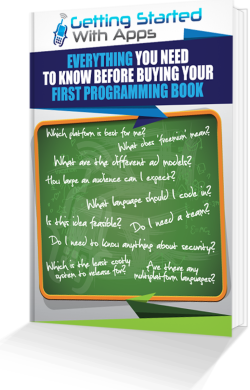Q&A Etiquette
Q&A sites are a powerful tool in a programmer’s debugging tool chest. These sites allow you to instantly communicate with more experienced programmers from a variety of different fields to help you figure out your issue. I think something not many newbies realize is that it’s a community that lives and dies on its users and their inputs and interactions. With that in mind, here are the top five things to keep in mind when looking for an answer on a Q&A site.
-
Search thoroughly for your question.
There’s nothing more embarrassing than asking a question and getting one response to the exact answer you need because you didn’t search for it. It’s faster to find an answer than asking and waiting, reduces clutter on the site, and doesn’t waste anyone’s time.
-
If you find an answer and the site has a voting system, upvote the answer that worked for you.
Helping to make the answer obvious will help out people in the future, while also serving to reward the person helping by increasing their reputation in the community.
-
Post a thorough explanation of your question with relevant code.
If you’ve searched and could not find your answer, when you post, make sure you don’t have to have two days of back and forth while others drag info out of you. Make your post concise, but full of the information most relevant to more experienced programmers. Such info like “What part of the code throws this error?”, “When does the error occur?”, and “What are you trying to do?” can help your question be answered quickly. Some experienced people on Q&A sites won’t even touch your question if you haven’t laid out all the relevant info, so do it right the first time and include all someone will need to understand your problem.
-
If someone solves your issue, respond back letting them know!
When you go searching for solutions, you’ll find many posts with problems, suggested solutions, and no confirmations. You’re left to your own devices to try out fixes people have posted around, instead of knowing what the answer is. To help out people in your situation, let everyone know who solved your problem and how. Even if nobody helped, but you figured it out, reply to yourself with the fix. It’s just a nice thing to do.
-
Once you get experienced enough, start answering some questions.
One of the best ways to gain mastery over a skill is to teach others, and there are millions to teach on the internet. You’ll be helping foster a community of helpfulness, show your gratitude for the help you’ve received, and grow your knowledge on the subject.
With these tips in mind, you’ll not only be more likely to get your answers solved quicker, but you’ll be gaining personal knowledge and growth to be used in your own career. Though it can be easy to use these sites only when you’re having issues, it’s up to individual programmers to keep our community growing by fostering communication and helpfulness.









Leave a Reply